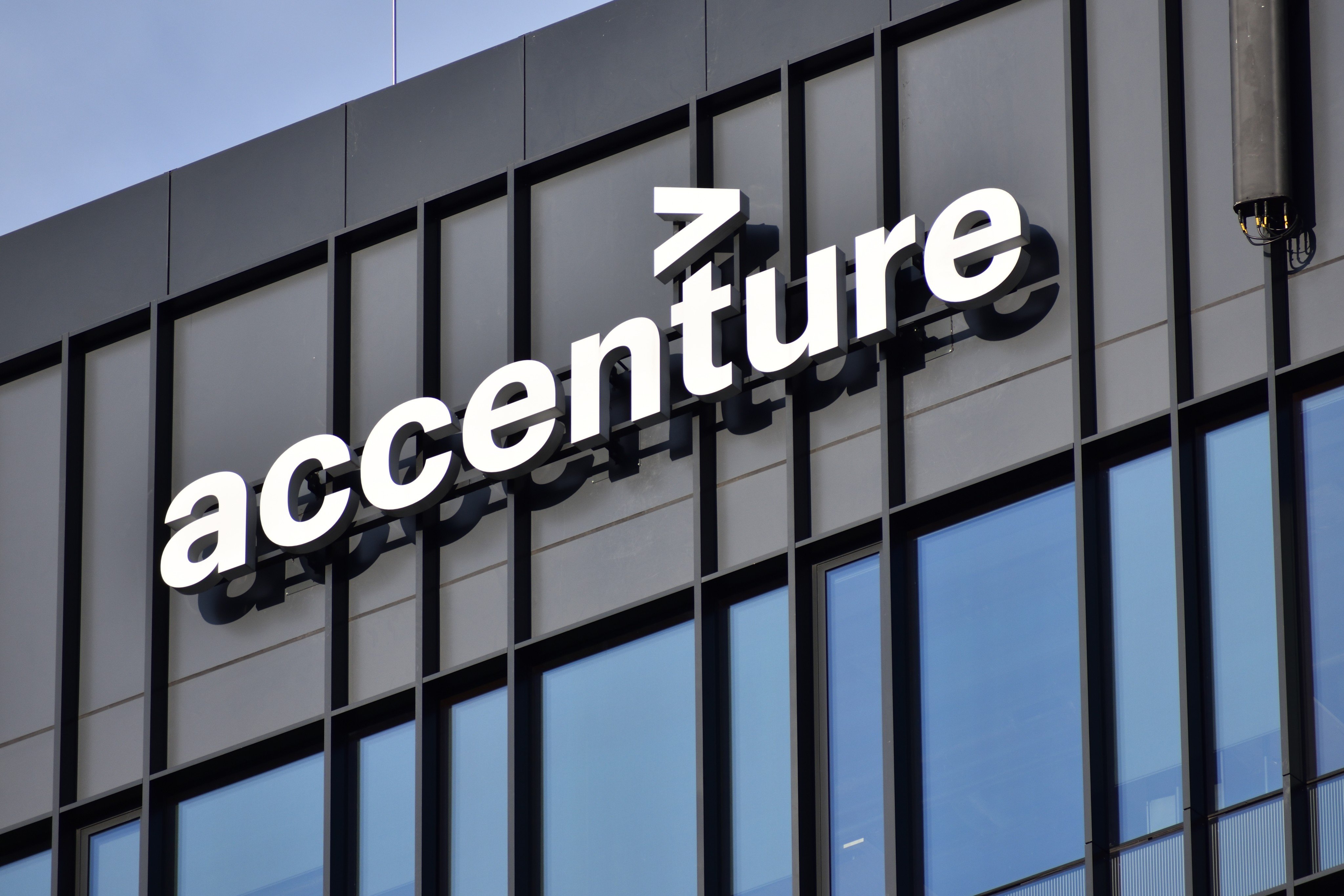A transformative agricultural initiative spearheaded by the International Center for Biosaline Agriculture (ICBA) has been unveiled in Karakalpakstan, Uzbekistan, showcasing innovative approaches to farming in arid regions. Funded by the Abu Dhabi Fund for Development (ADFD), this project marks a significant advancement in the fight against desertification and food insecurity in the region.
This landmark project, under the umbrella of Global South-South and Triangular Cooperation, is designed to enhance agricultural productivity and sustainability in one of the most challenging environments in Central Asia. The initiative focuses on leveraging scientific research, technological innovation, and the empowerment of local women to drive sustainable agricultural practices.
Karakalpakstan, located in the northwestern part of Uzbekistan, faces severe environmental challenges, including water scarcity, soil salinity, and the harsh climatic conditions characteristic of the Aral Sea basin. The ICBA’s project, supported by ADFD, addresses these issues by introducing resilient crop varieties, efficient irrigation techniques, and sustainable land management practices.
A key feature of the project is the introduction of salt-tolerant crops, which are vital for improving agricultural yields in saline-affected soils. These crops include varieties of barley, quinoa, and sorghum, which have been specifically selected for their ability to thrive in harsh conditions. The ICBA’s research has shown that these crops not only survive but also produce significant yields, offering a sustainable solution for local farmers struggling with soil salinity.
The project also emphasizes the role of women in agriculture, recognizing their critical contribution to food security and rural development. Through targeted training programs, local women are being equipped with the knowledge and skills needed to adopt and manage innovative agricultural practices. This focus on gender empowerment is aimed at ensuring that the benefits of the project are widely shared within the community, fostering economic resilience and social equity.
Innovative irrigation methods are another cornerstone of the project. The introduction of drip irrigation systems and other water-saving technologies is expected to significantly reduce water usage while maximizing crop yields. These techniques are particularly crucial in Karakalpakstan, where water resources are extremely limited and traditional irrigation methods are no longer sustainable.
The ICBA’s approach also includes the restoration of degraded lands through the use of biosaline agriculture techniques. By planting salt-tolerant species and implementing soil conservation measures, the project aims to rehabilitate large areas of land that have been rendered unproductive due to high salinity levels. This not only enhances agricultural output but also contributes to environmental conservation efforts in the region.
The project has garnered significant attention from international development agencies and experts in sustainable agriculture. It is being hailed as a model for other regions facing similar environmental challenges, particularly in the Global South. The success of the project in Karakalpakstan is expected to inspire the replication of similar initiatives in other parts of the world, where the impacts of climate change and land degradation are increasingly threatening food security.
The ICBA’s collaboration with ADFD exemplifies the power of international partnerships in addressing global challenges. By combining financial resources with cutting-edge scientific research and local expertise, the project is delivering tangible benefits to communities in Karakalpakstan and setting a precedent for future development projects in arid and semi-arid regions.
As the project continues to evolve, its impact is expected to extend beyond agriculture, contributing to broader goals of poverty reduction, environmental sustainability, and regional stability. The lessons learned from this initiative will be invaluable in shaping future strategies for sustainable development in vulnerable regions worldwide.
Karakalpakstan’s agricultural transformation, driven by ICBA and supported by ADFD, represents a beacon of hope for other regions grappling with similar challenges. This project underscores the importance of science, innovation, and inclusive development in creating a more resilient and sustainable future for all.






























:format(jpg)/cloudfront-us-east-1.images.arcpublishing.com/coindesk/GOTFT23LI5AY7FBJBRWWEVTS5Q.jpg)





